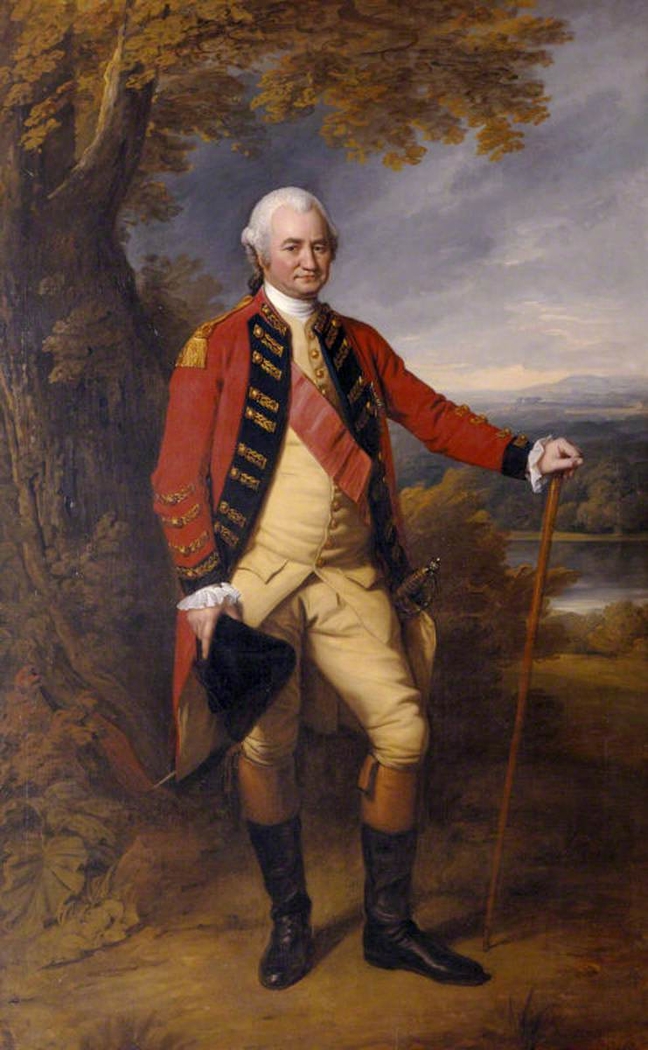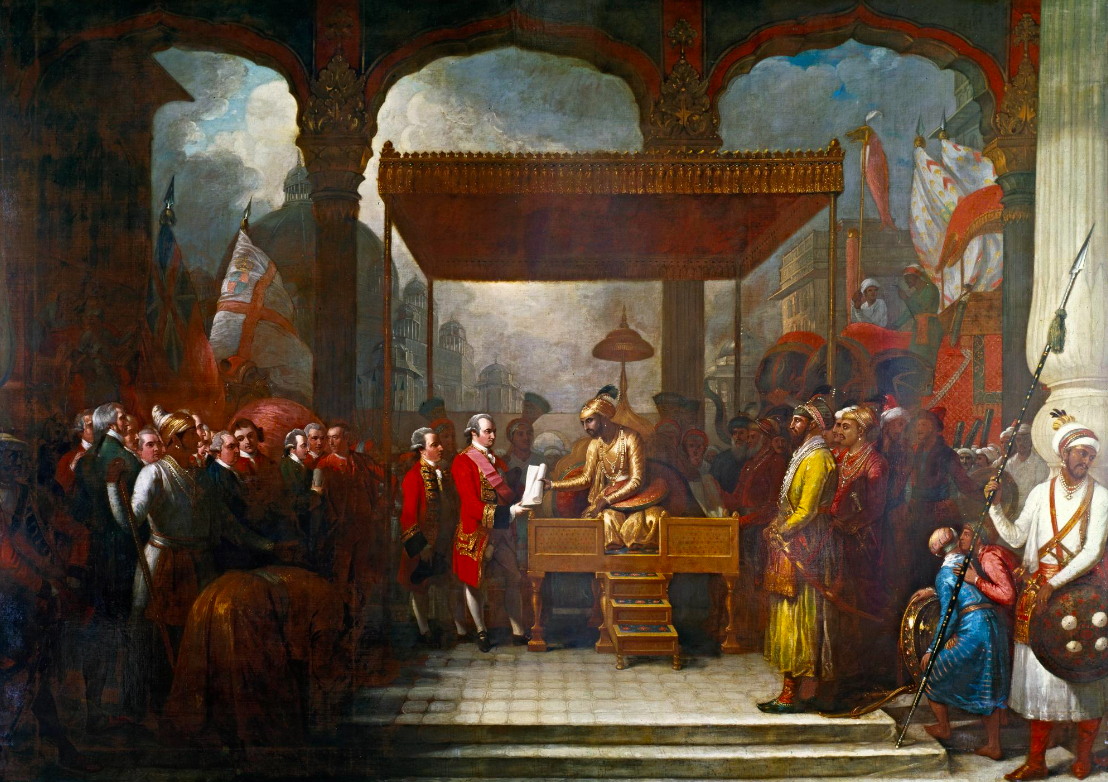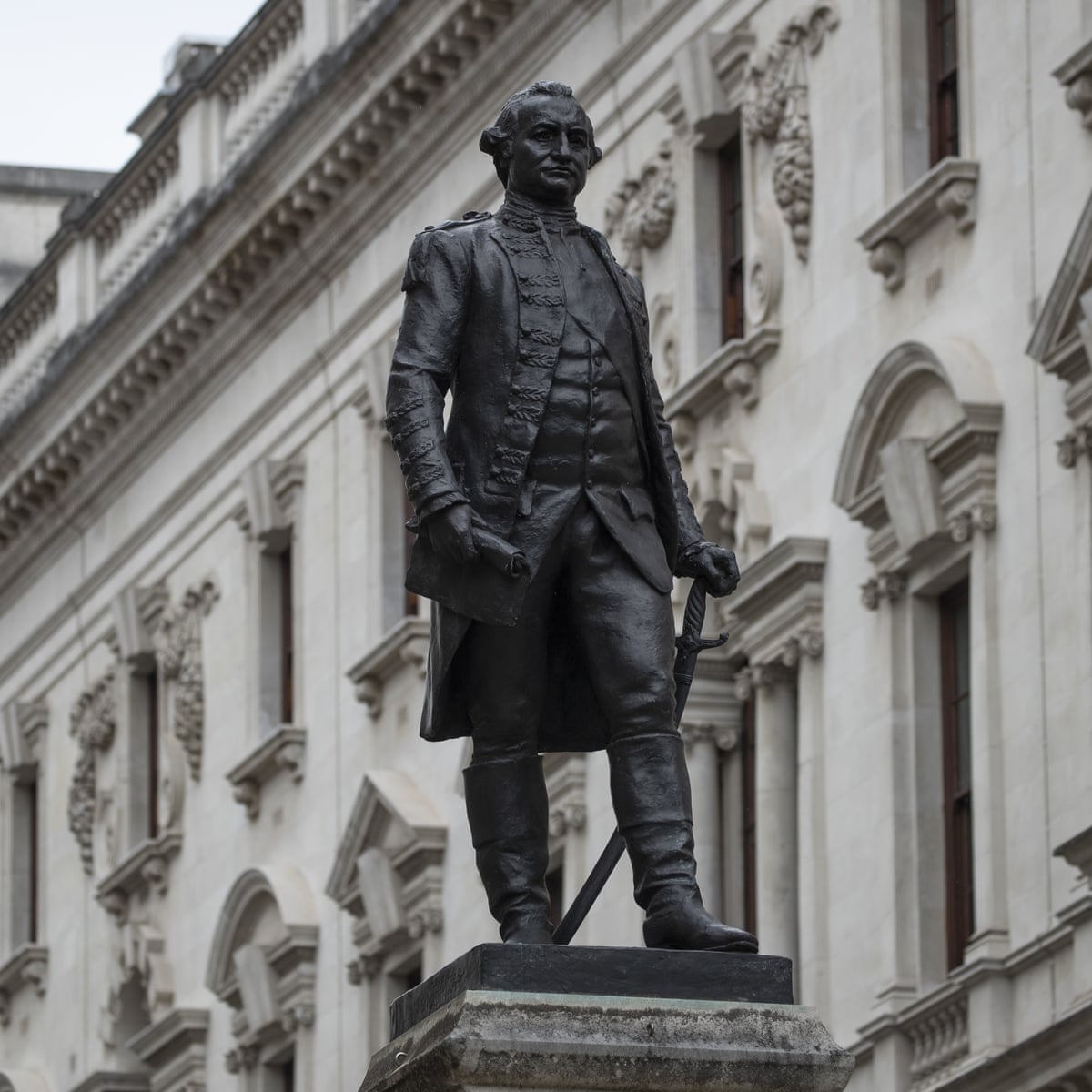Clive of India or Looter of India?
 |
| Robert Clive |
The annals of colonial history are replete with tales of dominant figures exploiting weaker nations to further their personal agendas. Among the most infamous personalities of the British colonial epoch was Robert Clive, a shrewd and ambitious British officer whose pivotal role in India's colonization remains a topic of contention. While some extol him as "Clive of India" for his military exploits, others denounce him as the "Plunderer of India" due to his notorious involvement in despoiling the nation of its riches. Robert Clive, was one such figure whose legacy carries not only the gleam of conquest but also the taint of widespread pillaging. Beneath the romanticized facade, a concealed truth emerges – Clive's insatiable hunger for looting and illicit gains, a factor that significantly contributed to his rise to power and affluence. This article delves into the chronicles of Robert Clive's life, meticulously scrutinizing the degree to which he systematically drained India of its invaluable treasures.
Born in 1725 in Shropshire, England, Robert Clive embarked on a journey. As a young man, he embarked on a trajectory within the British East India Company, where his intellect and determination propelled him upward. Ascending rapidly through the ranks, Clive's renown grew due to his sagacity and zeal. His expertise in warfare and strategic brilliance became legendary, particularly highlighted by his masterly performance in the pivotal 1757 Battle of Plassey. This victory serves as a turning point in India's narrative, heralding an era of British supremacy throughout the subcontinent.
The name Robert Clive conjures stories of military conquest and the establishment of British dominance in India. Yet, this narrative often glosses over the scope of his endeavors in accumulating personal wealth, which extended far beyond the acquisition of land and power. The term "loot," borrowed from the lexicon of colonialism, encapsulates a heritage of plunder and exploitation that characterizes Clive's time in India.
.jpg/1200px-Powis_Castle_2016_116_(cropped).jpg) |
| Powis Castle |
The colonial epoch witnessed the procurement and transport of invaluable artifacts, both obtained through gifting and confiscation, to British shores. These treasures now grace esteemed museums, the Royal Collection, and private estates belonging to the descendants of soldiers and officials who partook in these exploits. However, the epicenter of this calculated despoliation remains veiled within Powis Castle, ensconced in the Welsh hinterlands, nearly 186 miles away from London. This concealed cache of riches remains largely unfamiliar to the Indian subcontinent, known only to historians and fervent antiquity enthusiasts. A voyage to this castle, meandering through serene landscapes and quaint byways, culminates in a direct encounter with the legacy of colonial manipulation.
 |
| Clive meeting Mir Jafar |
Far from being a testament to bravery and might, the victory at Plassey was orchestrated through cunning and manipulation. The British, under Lord Clive, cunningly exploited internal betrayals, forming secret pacts with traitors such as Mir Zafar, Omichand, Rai Durlabh, and Jagat Seth from Bengal. These alliances, forged before the battle commenced, effectively predetermined the outcome, rendering the British the ultimate arbiters of Bengal's fate.
The aftermath of the battle marked the dawn of British control over Bengal, with the spoils of trade and commerce reinforcing their military dominance across the subcontinent. However, a deeper analysis reveals that this conquest was driven more by financial aspirations than political supremacy. Historical accounts, as chronicled by eminent historians, point to Lord Clive's concerted efforts to amass immense personal wealth during his tenure.
| Treaty between Clive and Mir Jafar |
Of notable significance is Clive's calculated extortion from Mir Jafar, the newly appointed Nawab of Bengal post the Battle of Plassey. Clive leveraged his influence to compel Mir Jafar to pay an exorbitant sum as compensation for his appointment. This financial transaction highlights Clive's primary motivation – the accumulation of immense wealth – often overshadowing his political pursuits. Noted historians such as William Dalrymple and Jon Wilson offer keen insights into Clive's financial inclinations, underlining his fervent quest for personal enrichment within the intricate tapestry of colonial exploitation.
 |
| Battle of Buxar 1764 |
In the aftermath of the Battle of Buxar in 1764, Clive's ambitions expanded further, as he sought to solidify the East India Company's dominion. The territories of Allahabad and Kara were swiftly annexed, expanding the Company's territorial expanse. Notably, during this period, Clive's negotiations with the weak Mughal Emperor Shah Alam revealed his keen focus on securing lucrative financial benefits for both the East India Company and himself. The concessions extracted by Clive, notably duty-free trade and preferential treatment for the company in various Mughal provinces, underscore the financial underpinnings of his colonial pursuits.
 |
| Clive and Shah Alam |
However, Clive's financial endeavors bore catastrophic consequences for the Indian populace living under British rule. His exploitative tax policies, designed to extract substantial revenue, left the civilian population progressively destitute. Eminent historians like Shashi Tharoor and Dr. Rajat Kanta Ray shed light on Clive's role in orchestrating the infamous Bengal famine between 1769 and 1773. This devastating event, exacerbated by Clive's regressive tax policies, led to the loss of nearly a third of Bengal's population, a tragedy emblematic of Clive's ruthless pursuit of wealth at the expense of human lives.
 |
| Bengal Famine of 1769-70 |
In summation, the Battle of Plassey may appear as a seminal military achievement in British colonial history. However, a closer examination, guided by the discerning analyses of historians, paints a vastly different picture. Lord Clive's actions, motivated predominantly by financial ambitions, cast a pall of exploitation over his legacy. As we confront this complex historical narrative, it becomes clear that Clive's insatiable greed not only shaped his own fortunes but also irrevocably altered the fate of the Indian subcontinent.
The reach of Clive's influence extended beyond its military dimension, encompassing other corners of India. He deftly capitalized on the pervasive corruption within the British East India Company, leveraging it to his advantage. Collaborating with his associates, Clive delved into practices like bribery, extortion, and other unethical conduct, leading to the accumulation of vast personal fortunes. The rampant looting of Indian treasures and resources escalated in tandem with Clive's growing authority.
The magnitude of the amassed wealth underscores the depth of exploitation spearheaded by Clive. India, once a thriving land replete with culture, resources, and economic prosperity, suffered as its riches were drained to fill the ambitious plunderer's coffers. The consequences were far-reaching, leaving behind a legacy marked by impoverishment and despair. Towns and villages, once vibrant centers of commerce and culture, were reduced to shadows of their former selves, their wealth diverted overseas under the guise of colonial rule.
The heart-wrenching reality gains even more poignancy when contemplating the transformative potential of this colossal wealth. The sum derived from Clive's exploitation could have been directed towards education, healthcare, and infrastructure, elevating the quality of life for countless individuals. Instead, it flowed into one man's insatiable greed, driving a land of abundance into a state of economic and social decline.
 |
| Statue of Clive in Shrewsbury |
However, Clive's quest for personal enrichment transcended the realm of financial wealth. It permeated the very fabric of his social standing and political influence. Through ill-gotten gains, he acquired more than opulent treasures – he secured social status, political clout, and an indomitable foothold in the echelons of power. This evolution, from a mere military officer to one of Europe's richest individuals, underscores the audacity of his actions. His ill-gotten wealth did not remain confined to vaults; it resonated through the corridors of power, influencing decisions that altered history's trajectory.
The estimated £234 million figure serves as a testament not only to Clive's unquenchable greed but also as a damning indictment of a system that permitted such unchecked exploitation. As we reflect on this astronomical sum, it forces us to confront the harsh reality that every pound and pence was earned at the expense of the sweat, toil, and tears of countless individuals who bore the weight of imperial oppression. The legacy left by Robert Clive is not one of glory and conquest, but of unapologetic plunder and unchecked avarice. It bequeathed a scarred nation and a history tainted by exploitation. This sobering truth serves as a reminder that the echoes of colonial exploitation endure, necessitating introspection, acknowledgment, and a commitment to ensure that such injustices are never erased from memory.
Clive's actions undoubtedly enriched the British East India Company and its shareholders, but India suffered devastating consequences. The ruthless exploitation of resources, coupled with oppressive policies, plunged the Indian people into poverty, famine, and economic turmoil. The enduring scars left by Clive's looting of India continue to resonate today.
 |
| Powis Castle museum |
Powis Castle, now the custodian of these tainted treasures, grapples with its complicity in perpetuating a legacy of theft and subjugation. As visitors navigate its chambers and corridors, they confront not only opulent artifacts but also the weight of a history marred by injustice. The "retain and explain" approach, though a step towards progress, raises profound ethical queries. How can institutions tasked with safeguarding stolen heritage reconcile their responsibilities with artifacts rooted in the soil of colonial dominion? Is there a place for relics that echo the suffering caused by colonization?
Traversing the halls of Powis Castle compels us to peel back history's layers and confront the horrors of colonialism directly. It's not a mere journey to admire relics; it's an expedition to confront the harsh legacy of imperialism. These artifacts transcend being mere objects; they bear witness to the agony of nations, cultures eroded, and lives shattered by the quest for power and wealth.
 |
| Some of treasure from the huge collection of stolen Indian artefacts at Powis museum |
Robert Clive's narrative isn't one of heroic exploits, but rather of unbridled greed, remorseless exploitation, and cultural obliteration. Beneath the veneer of conquest lies a tapestry woven with threads of avarice and atrocity. The artifacts enshrined in Powis Castle serve as poignant reminders of the brutality inflicted upon colonized lands. As we gaze upon these relics, we are reminded of the lives disrupted, histories rewritten, and identities erased by the relentless advance of colonialism. It's our solemn responsibility to ensure that these silenced voices are finally acknowledged and heard.
Robert Clive's legacy stands without room for debate, as his actions paint a clear picture of a looter, a petty thief, and an extortionist. His ruthless exploits, devoid of moral restraint, leave no doubt about the devastating wake he left behind in India. Clive's insidious deeds were instrumental in perpetuating a history marred by colonial exploitation and injustice. As history unfolds before us, one thing remains certain: Clive's conduct bore far-reaching and grievous consequences that reverberate through time.
It becomes our responsibility to grasp the lessons history presents and actively shape a world that upholds principles of equity and justice. Clive's legacy stands as an unambiguous lesson that the transgressions of the past must never be replicated. By acknowledging the grim chapters of history, we pave the way for a future that treasures and protects the dignity and rights of all nations and peoples. It is through this acknowledgment that we can genuinely strive for a world emancipated from the specter of colonial oppression and the indelible stain of exploitation.
Bibliography:
1. Dalrymple, William. "The Anarchy: The Relentless Rise of the East India Company." Bloomsbury Publishing, 2019.
2. Wilson, Jon. "The Chaos of Empire: The British Raj and the Conquest of India." PublicAffairs, 2017.
3. Tharoor, Shashi. "Inglorious Empire: What the British Did to India." Hurst, 2017.
4. Ray, Rajat Kanta. "The Famine in Bengal 1769-1770: Demand and Popular Response." Indian Economic & Social History Review, vol. 35, no. 1, 1998, pp. 1-45.
5. Tharoor, Shashi. "An Era of Darkness: The British Empire in India." Aleph Book Company, 2016.
Comments
Post a Comment